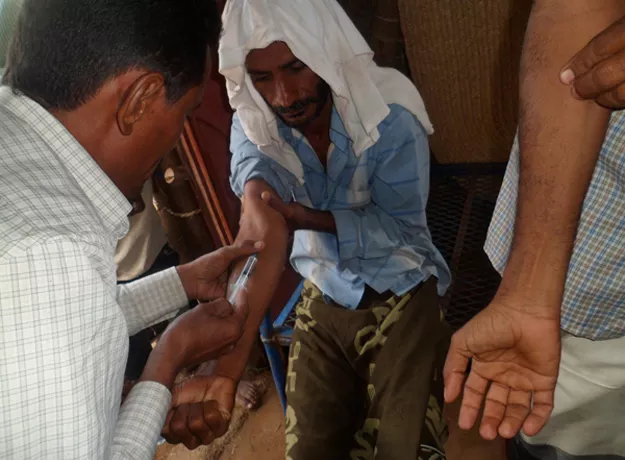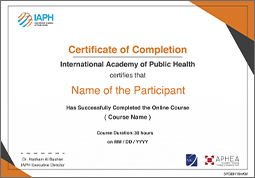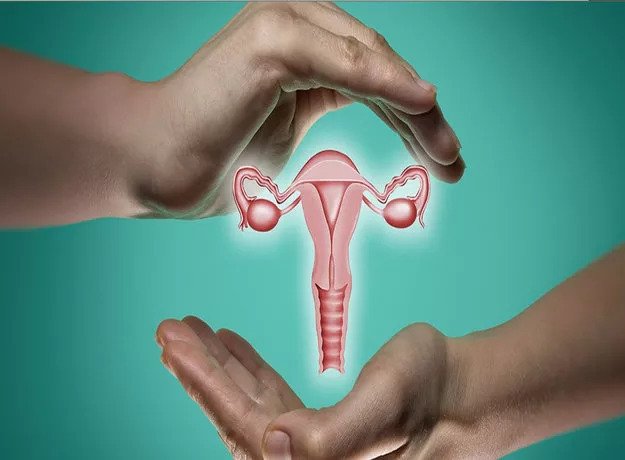Managing Primary Healthcare Services in Emergencies
The Managing Primary Healthcare Services in Emergencies program equips residents with the knowledge and skills needed to effectively manage primary healthcare services in emergencies.
The overall objective of this program is to provide knowledge and skills to build the capacity of public health professionals to manage primary healthcare services effectively and efficiently during emergencies. The total duration of this program is three months, composed of five weeks of In class/online study and seven weeks of field work
Learning Outcomes
- Maintain the functions and manage primary healthcare services, including immunization programs, environmental health interventions and women and child health services
- Apply epidemiological methods to identify and manage communicable and non-communicable diseases during emergencies
- Rapidly assess, and effectively respond to, the nutritional consequences of emergencies on the affected population
Targeted Group
The target audience of this programs are public health professionals working for ministries of health, non-governmental organizations, and humanitarian agencies. this programs will also be valuable for those looking for a career in emergency management.


Certificate






